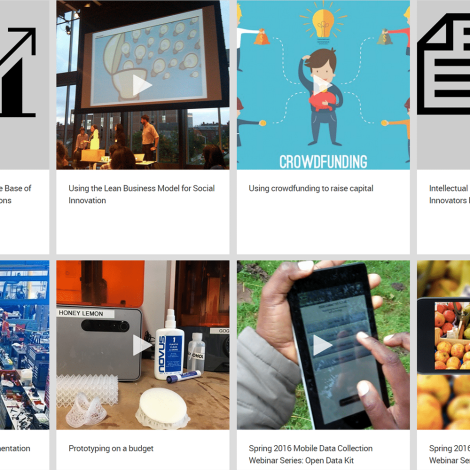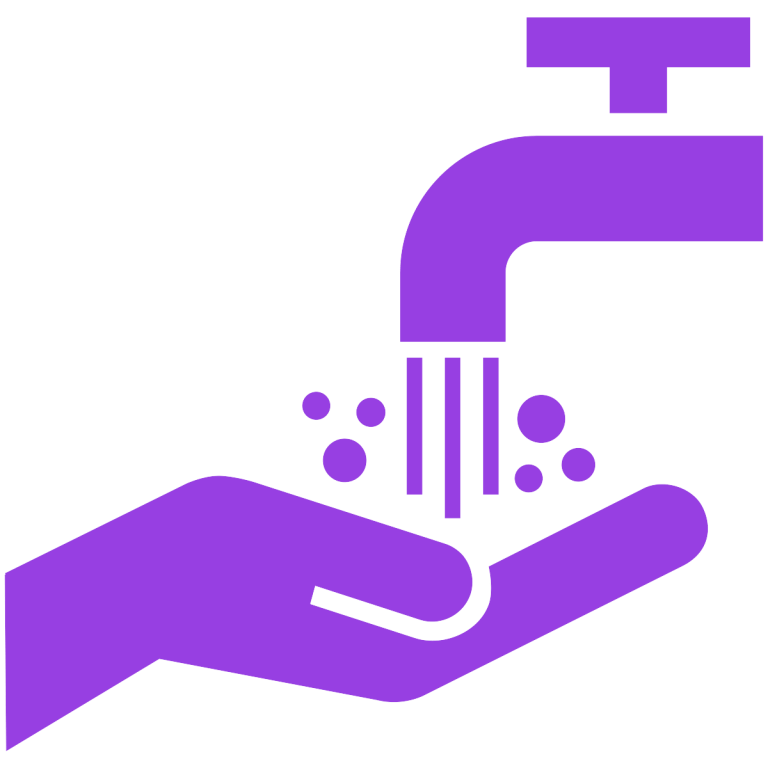In a year that started with a webinar on Food Security and ended with Electronic Medical Records in Low-Resource Settings, we have seen presentations that were deeply informational and broad ranging. Experts shared their time with hundreds of people from dozens of countries. A highlight of the year was a special series we held with Development Impact Lab on how to use mobile data collection tools to improve global development work.
As a bonus, each attendee in an engineering field was eligible for Professional Development Hours or Continuing Education Certificates awarded by IEEE. The offer extends to those who watch the recorded versions, too.
These are the year’s top five presentations, ranked in order of attendance.
Understanding Behavior Change to Ensure Success
Behavior change is often essential to the success of new products or services. Neglecting to consider it early in the design process has led to the failure of many social innovations. Changing behavior is difficult, however, and many traditional approaches have been ineffective.
In this webinar, Hans Mosler at EAWAG, Valérie Cavin at Helvetas and Laura MacDonald at CAWST introduce evidence-based behavior change methods. They also explore how these techniques can help ensure success.
The Role of Small Wind in Rural Electrification
The mass roll out of solar photovoltaic systems across the Global South is offering electricity access to millions of people. In the right context, Small wind turbines can make a valuable complement to solar PV. Wind can generate power at times when solar PV cannot, at night and under cloud cover.
Wind Empowerment capitalizes on the concept. The international association includes more than 40 member organizations in more than 25 countries around the world.
In this webinar, Dr. Jon Cloke, the co-founder of the UK Low Carbon Energy for Development Network and Dr. Job Sumanik-Leary, coordinator of the Wind Empowerment Association reveal the role that small wind power plays in rural electrification.
Managing Water for Food Security
Today, nearly a billion people in the world suffer from food insecurity, meaning that they have do not have enough nutritious food to lead healthy and active lives. Many of them are also water-insecure, lacking enough water to meet their needs.
In this webinar, Dr. Roberto Lenton at the Water for Food Institute provides an overview of the challenge of ensuring sustainable supplies of food and water even as populations rise and the climate changes. Dr. Lenton suggests practical ways to improve water use and management in agricultural and food systems.
Using crowdfunding to raise capital
Crowdfunding is no easy task. And the crowdfunding industry is constantly evolving. It’s no longer just about funding or the crowd. It has become a multifaceted tool for entrepreneurs, used to build a brand, grow a customer base, gather feedback for R&D, and test future features.
Hardware-based campaigns require in-depth pre-launch planning including perk fulfillment strategy and marketing clear objectives. Social innovation campaigns excel on storytelling and impact-based credibility. In this webinar, Alisa Cordesius, Indiegogo’s Director of Social Innovation, will help you combine these two strategies to create powerful social good product campaigns.
“We can’t buy it, so can we make it?” Revolutionizing humanitarian aid through local making
Delivering supplies in the wake of a disaster is exceptionally challenging. Most aid income – 60-80% – is spent overcoming complex logistical challenges. Those include vast transport distances, difficult terrain and unusual import restrictions. Despite all this investment, obtaining unique parts in remote places is tough. Things like replacement parts to a medical device, pieces of a vehicle or generator, and custom-made rehabilitation items such as a prosthetic limb are often impossible to deliver. They are either not available or too costly to transport.
Field Ready’s approach to solving this problem is to ask ‘if we can’t buy it, can we make it?’ With the advent of new technologies such as 3D printing, local manufacture has the potential to become a viable alternative to traditional procurement methods, especially where supplies are difficult or expensive to obtain. In the recovery from the Nepal earthquake, Field Ready has been collaborating with local partners to see to what extent local manufacture can help. Abi Bush at Field Ready and Naiomi Lundman at Humanitarian Makers share their stories and inspire us to participate with design contributions.
E4C Webinars: The Collection
For a collection of all of the webinars we offer, please see www.engineeringforchange.org/webinars. Or see them in a playlist on our YouTube channel.

